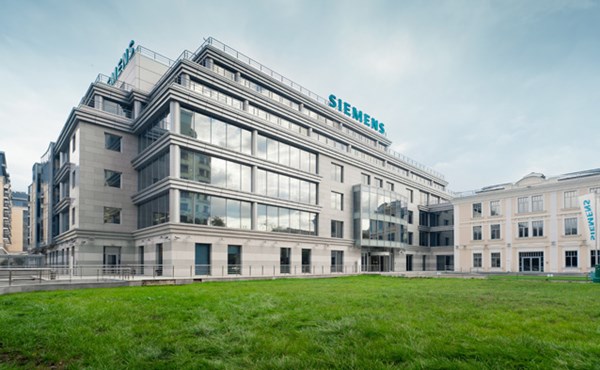Media: Siemens could withdraw from two projects in Russia after Crimea turbine scandal
Siemens is considering the possibility of withdrawing from two major projects with Russia after the scandal with the gas turbines in annexed Crimea, reported German business news outlet WirtschaftsWoche with reference to sources in the company.
According to the article’s sources, Siemens’ CEO Joe Kaeser is exploring the possibility of ending the German company’s involvement with Siemens Gas Turbines Technologies LLC.
In addition, according to the sources, Siemens is also considering the possibility of withdrawing from the Russian company Interavtomatika. Reuters reported that this company was one of the contractors in the shipping of the turbines to Crimea.
In a comment to RIA Novosti, Siemens’ press secretary Philip Ench called the publication by WirtschaftsWoche “speculation”.
The German company Siemens made a contract to deliver turbines for a project in Russia’s Krasnodar Krai, which borders with annexed Crimea across the Kerch Strait. Recently Reuters reported that at least two and possible all four of the turbines belonging to this contract were shipped to Crimea, in circumvention of the European sanctions against Russia.
On July 10 Dmitry Peskov, Spokesperson for the Russian President, said that the turbines which were shipped to Crimea were Russian. According to him, “turbines of Russian manufacturing, assembled in Russian factories” are being set up on the peninsula.
Siemens has filed a lawsuit at the Moscow Arbitration Court on account of the gas turbines which were shipped to Crimea. Among the respondents is the German company’s joint enterprise in Russia, 65% of which is held by Siemens, at whose factory the turbines in question were built. Siemens also said that it will have to contemplate its further relations with Russia after the issue with the turbines, after which it is “impossible to return to a normal state of affairs”.
The Moscow Arbitration Court has put Siemens’ complaint on hold until the 21st of August 2017.
